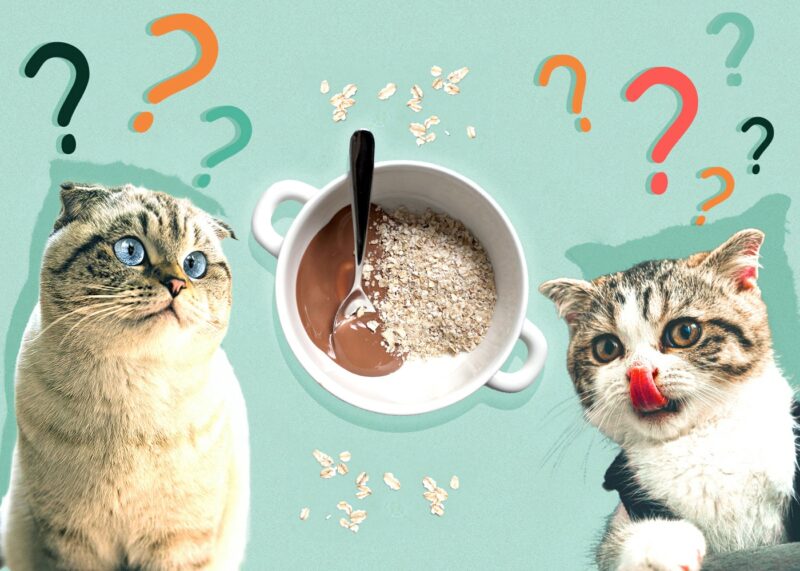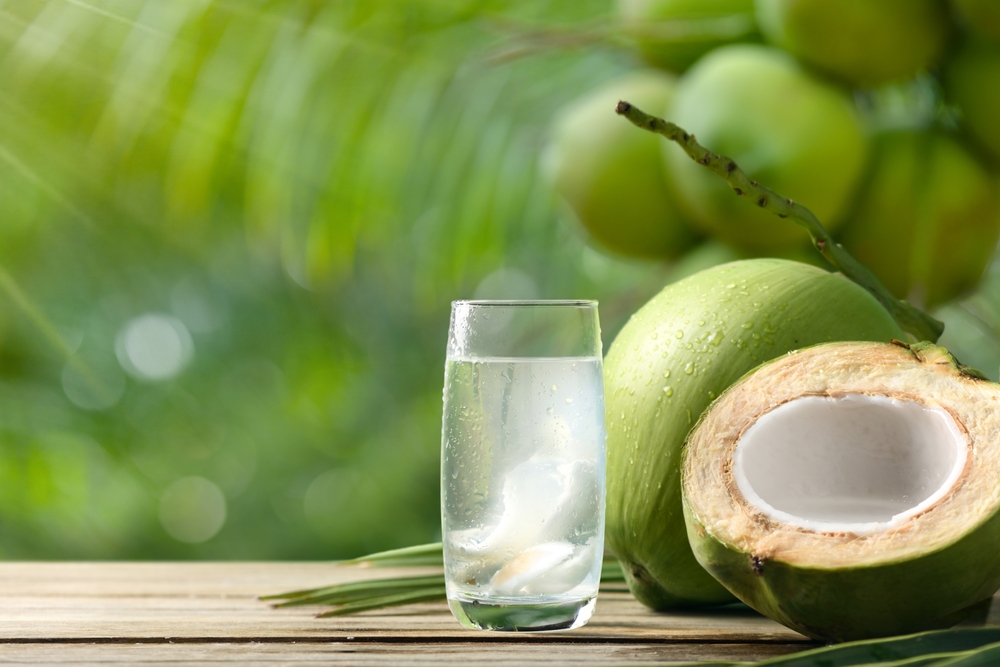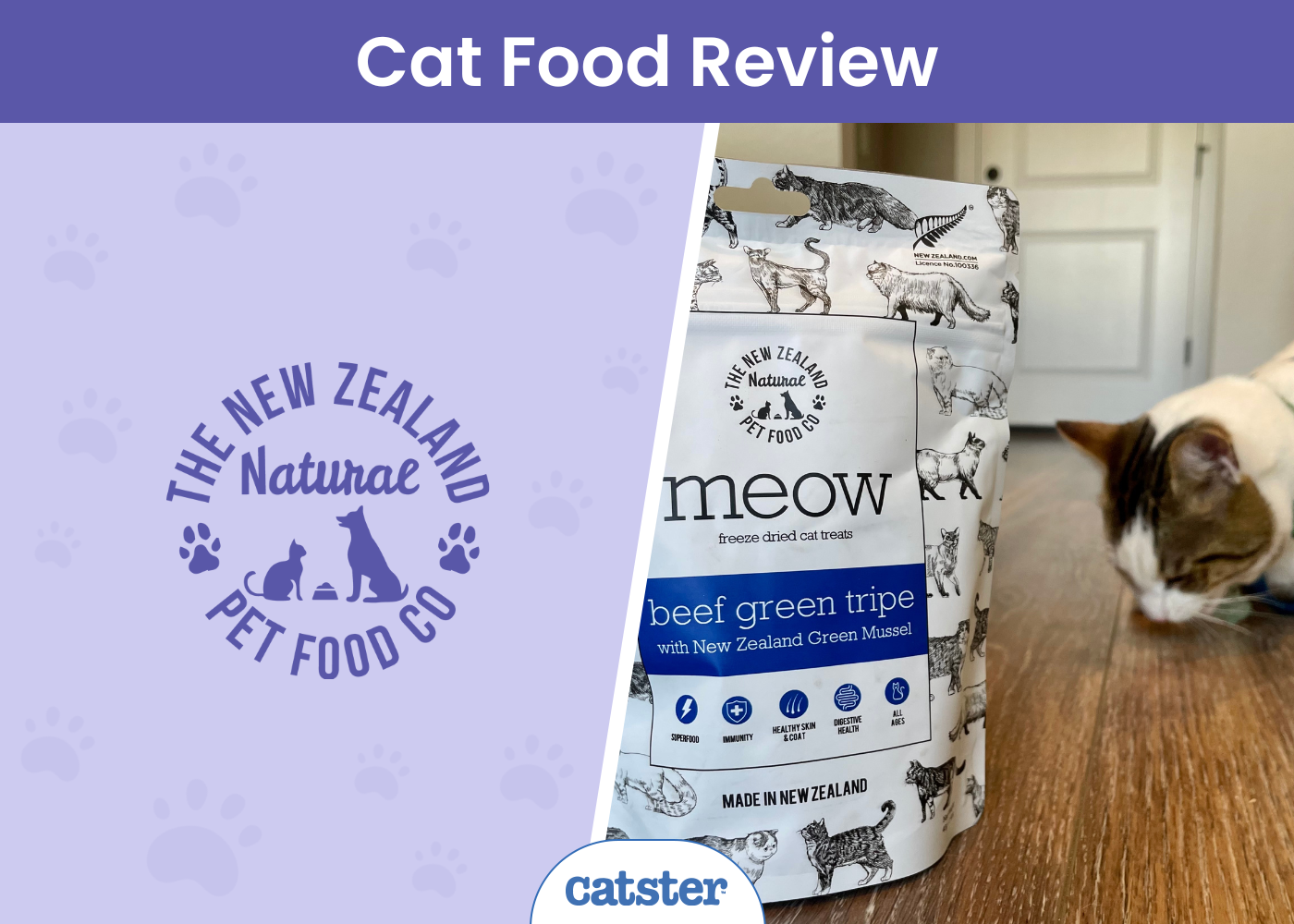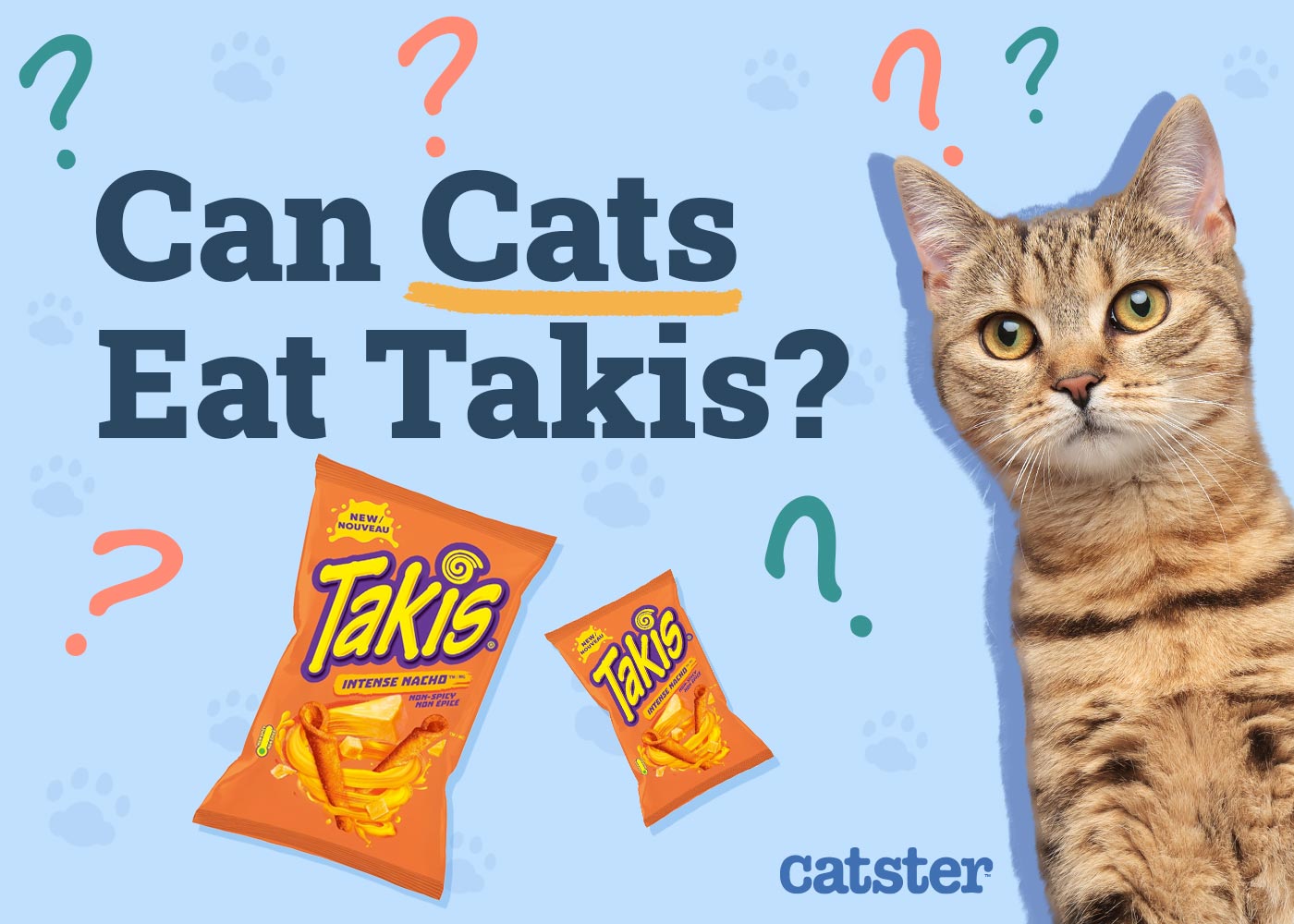Oats are commonly praised as nutritious for us to have for breakfast. Full of fiber, oatmeal fills us up and starts the day off right. If it’s beneficial for us, is it okay for our cats?
Cats can eat oats, but it’s only healthy in small amounts. Unlike our dogs, cats are obligate carnivores. This means they get the entirety of their nutritional requirements from animal-based sources.
Naturally, oats don’t fit into that diet. However, oats don’t pose immediate harm to a cat. Overfeeding oats could lead to obesity issues and malnutrition, so keep oats as a rare treat or integrate the benefits of oats in other ways. Read on to learn more about how to do this.

A Common Ingredient in Cat Food
Some leading commercial pet food brands can be misleading. You may read the back of a cat kibble to see oats as an ingredient and assume that this food is safe and normal for them.
According to PetMD, grains are used as a cost-effective source of vitamins. They add structure and fiber to the creation of dry cat food. But they are not a dietary requirement and are not needed in their diet.
These cat foods are perfectly crafted to have the right balance of fats, proteins, and carbohydrates for your cat to thrive, despite unnatural ingredients like oats. For this reason, oats aren’t a great choice to be fed on their own to a cat.
Oats are high in carbohydrates and low in protein. Excess consumption of oats can fill a cat up and leave them lacking in protein and other vital nutrients and essential amino acids, such as taurine. Over time, an unbalanced diet will lead to malnourishment and many related issues.
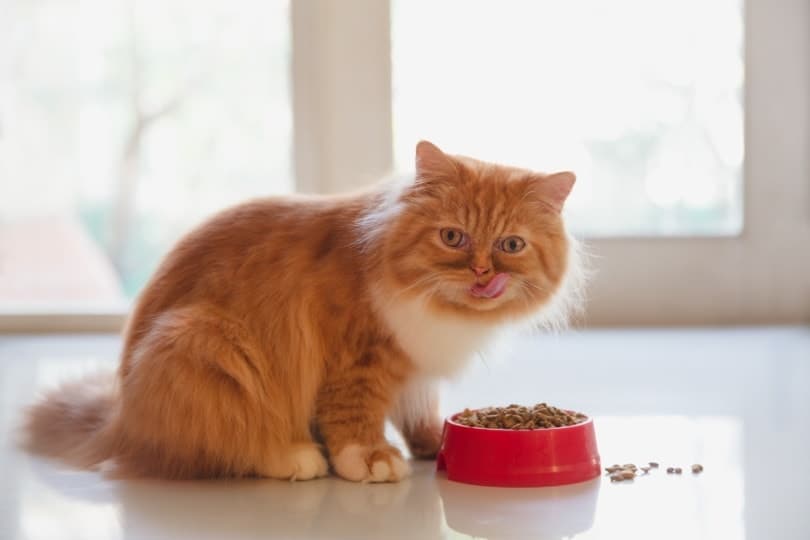
Nutritional Breakdown of Oats
Oat Nutrition
| Oats – Nutritional Breakdown (1 cup serving) | |
| Calories | 607 |
| Protein | 26.4 g |
| Fat | 10.8 |
| Carbohydrates | 103 g |
| Fiber | 16.5 g |
| Folate | 87.4 mcg |
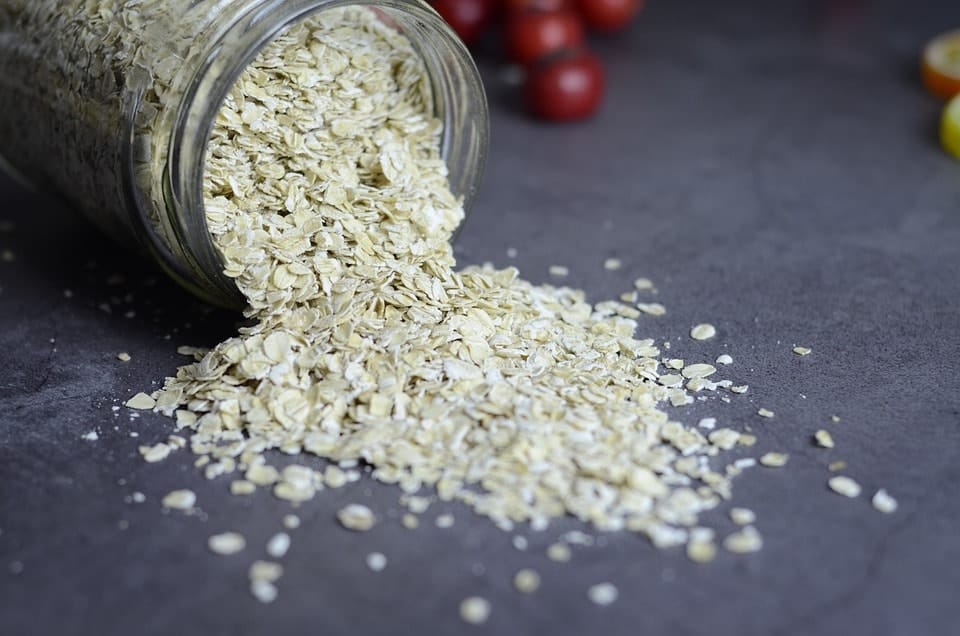
Additional vitamins and minerals:
- Thiamin
- Vitamin B6
- Calcium
- Iron
- Magnesium
- Phosphorus
- Potassium
- Zinc
- Copper
- Manganese
Benefits
Even though they aren’t a natural component of a feline’s diet, oats still hold some nutritional benefits. Most notably, they are high in fiber to support digestive health.
The amount of protein in oats is not correct for a cat. However, the proteins are highly digestible, so they may still be usable in their bodies.
Oats also contain good manganese levels, which may help control your cat’s cholesterol and regulate their thyroid. This and many other vitamins make oats plentiful in benefits, which can support general health and target specific body functions.
Oats are a known anti-inflammatory and are often used to ease painful or irritating ailments, both internally and externally.
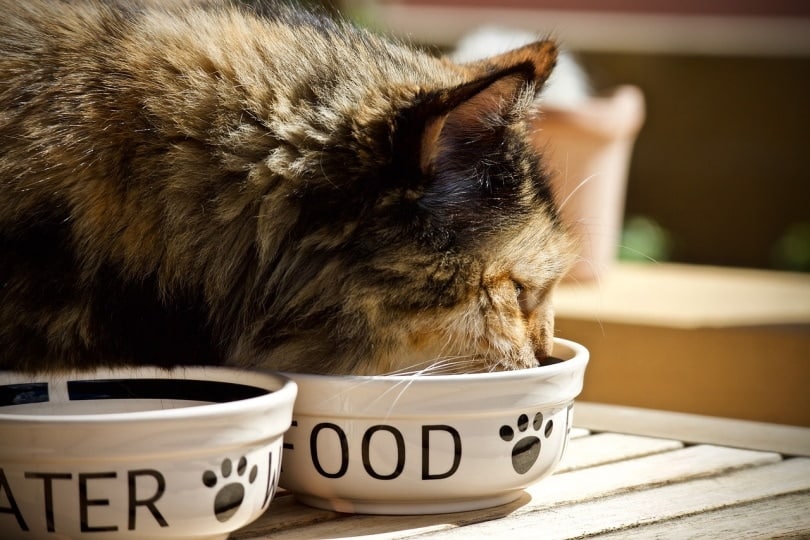
Drawbacks
For humans, the benefits of oats outweigh the disadvantages. But for cats, the balance is different. Oats don’t contain the correct nutritional balance to support the feline body. They lack some vital amino acids that cats can only receive from animals.
If fed as a supplement to a meat-based diet, the portion size should be closely monitored. Oats are relatively high in calories which will quickly fill a cat’s small stomach up, meaning they will not consume much of the diet they require.
Long term, this causes malnourishment, and many illnesses can develop from a lack of vitamin deficiencies.
Oats for Cats
The good news is you can safely incorporate oat into your cat’s life to get the benefits without risking their health. This is not just in their diet!
For your cat to receive the nutritional boost, consider the following:
- Oatmeal
- Oat grass
- Oatmeal bath
- Oat tea
Oatmeal
Dry oats will not suffice for your cat and they probably won’t like it! You can offer very small and infrequent amounts of oatmeal to your cat. This can be fed separately or incorporated into their diet.
Always make oatmeal with water, not milk. Cats are lactose intolerant, and this can cause some serious gastrointestinal upset. Formulated pet milk or chicken stock may work in replacement.
Don’t mix any additives into the oatmeal. This includes sugar, chocolate, and fruit. Only plain oatmeal should be offered.
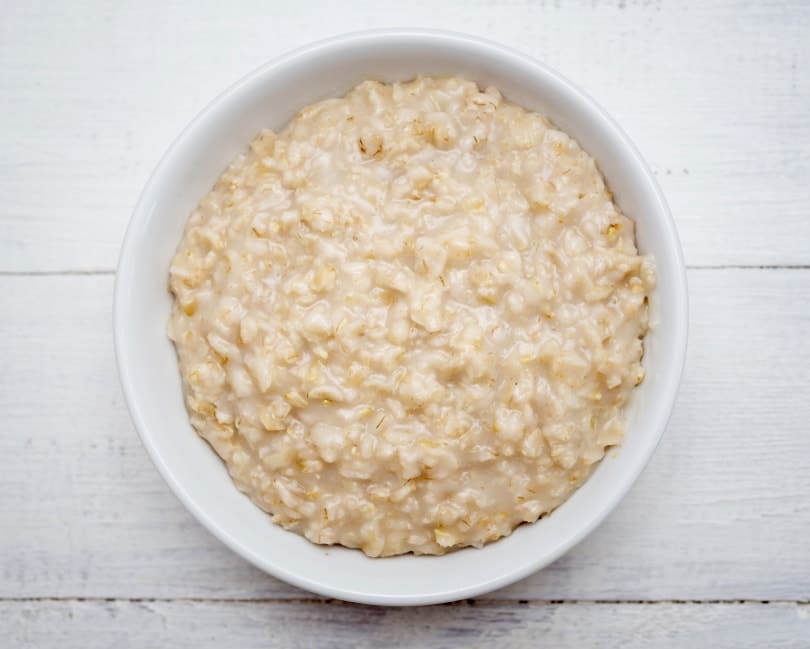
Oat Grass
Traditional cat grass is usually sprouted from a mixture of seeds. Oats, wheat, barley, and rye are commonly used.
Sprouted oat grass is an awesome way to give your cat a chance to experience oats without meddling with their diet. Consuming grass is a lot more natural than consuming oats for cats.
Cat grass can also be very stimulating for them and a good trick to keep them away from your precious indoor plants.
Topical Oatmeal
To make the most of the health benefits of oats, your cat doesn’t need to consume it. Oats are commonly blended into many topical treatments and products due to their anti-inflammatory properties.
Look for oats or oatmeal in your topical pet products to use this holistic ingredient for easing itching and irritation. It can also be found in pet shampoo.
If you’re brave enough to bathe your cat, you can infuse the bathwater with some oatmeal. All the goodies leach out of the oats and into the water to help soothe skin.
Can Cats Drink Oat Milk?
Even though cats are lactose intolerant, many of them love milk! To let them indulge in nondairy milk without harming their sensitive guts, oat milk is okay in moderation.
It’s still not a natural addition to their diet, but it is a much better choice than regular milk. Feed only in moderation, as oat milk will add a significant degree of moisture to your cat’s diet. In high amounts, this can cause diarrhea.
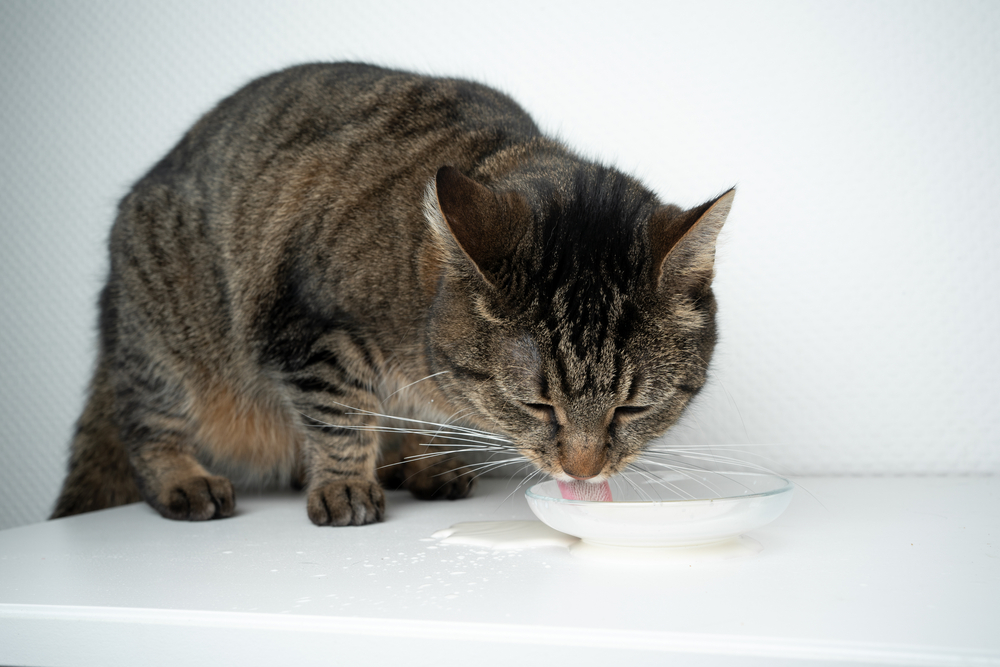
Final Thoughts
Our general advice is to keep your cat’s diet as natural as possible. They can maintain a healthy balance by eating exclusively formulated cat diets or a vet-guided home cooked diet. Oats are not needed!
Small amounts are okay for a treat, but oats are best-utilized in the form of oat grass, tea, or as topical treatments.
See also:


